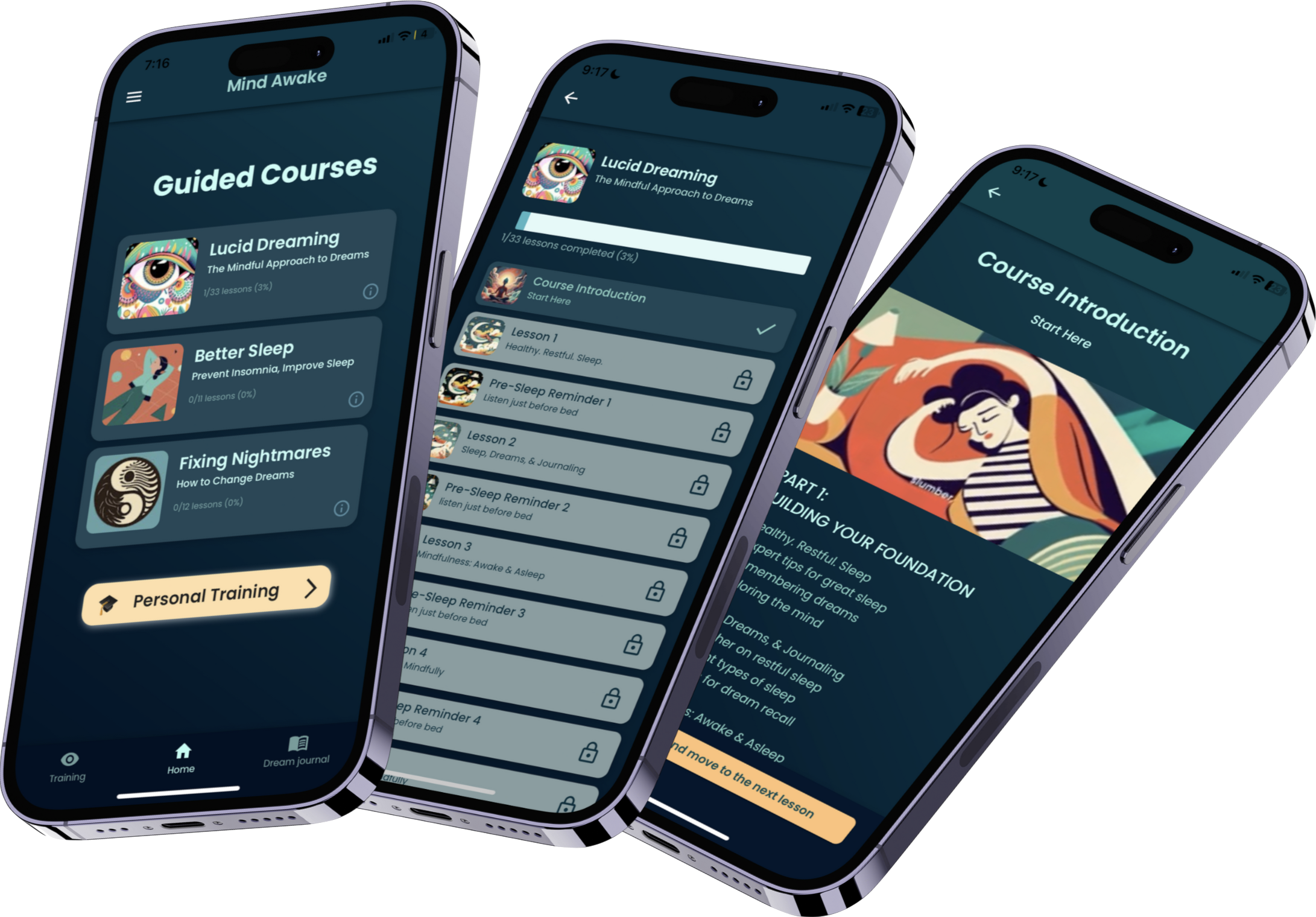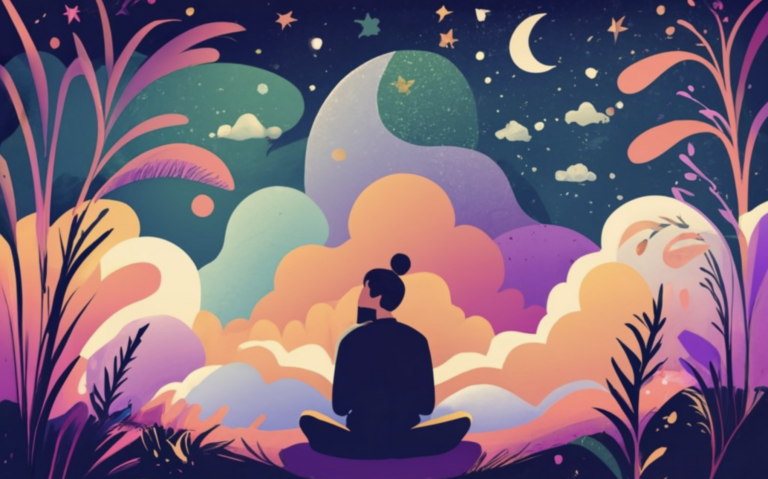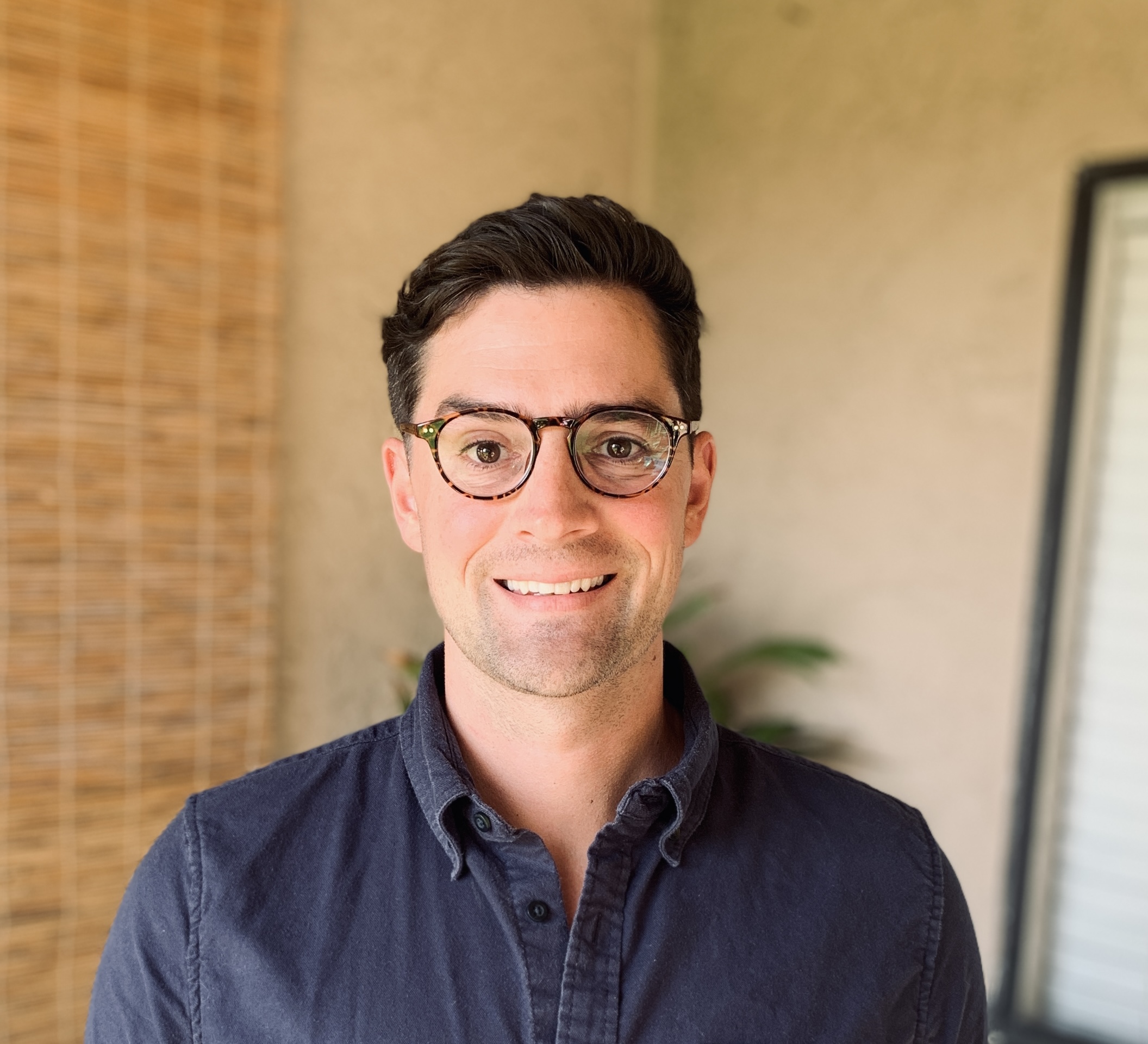Jason specializes in the diagnosis and treatment of clinical sleep disorders.
Licensed by the California Medical Board as a Registered Polysomnographic Technologist (RPSGT) and registered with the Board of Registered Polysomnographic Technologists (BRPT), Jason currently practices at UC San Diego Health, Sleep Medicine, where he collaborates with a multidisciplinary team to provide advanced care for patients dealing with sleep issues such as insomnia, sleep apnea, and other sleep-related conditions.
Jason earned his Bachelor’s degree in Psychology from Duquesne University in 2009, where he developed a deep understanding of the human mind and behavior.
In addition to his medical qualifications, Jason is a certified mindfulness teacher and has also trained in the Sleep Medicine clinic to help patients manage insomnia through Cognitive Behavioral Therapy for Insomnia (CBT-i).
With over a decade in Sleep Medicine, Jason merges his clinical expertise with his passion for lucid dreaming, mindfulness, and balanced well-being. Jason has helped thousands of people improve their sleep and connect with their dreams. In addition to founding the Mind Awake app, he provides personal coaching and educational resources to resolve insomnia, eliminate nightmares as well as cultivate mindfulness within the dream state.
About the app
Expert guidance at your fingertips
4. Integrating the above skills into a mindfulness practice

Mindfulness promotes awareness of the mind, self-reflection, and recognizing when we have become lost in thought.
During sleep, we are completely lost in thought – we’re lost in our dreams without realizing that we’re dreaming. That is, unless we regain awareness during the dream and become lucid.
Mindfulness provides the perfect framework for practicing lucid dreaming wisely.
Mindfulness

Lucid Dreaming

Lucid dreaming enables conscious awareness within our own subconscious mind. This is a profound method for self-exploration, creative experimentation, and having truly transcendent experiences.
Lucid dreaming is a safe, natural practice which opens many doors to self-discovery and self-integration.
Our dreams are full of insight and wisdom. By lucid dreaming, we can embrace that insight and use that wisdom rather than ignoring it night after night.
You sleep for one third of your life
Research shows that people dream about emotionally significant content. In other words, we dream about what matters to us.
Also, given all the benefits we are seeing from millions of people practicing mindfulness and paying closer attention to the nature of their mind... why are we neglecting the dreaming mind?
We can get more familiar with our dreams by writing them down and reflecting upon them. And more importantly, we can become conscious while we're dreaming. Through these simple lucid dreaming practices, we can integrate and bridge the gap between our sleeping and waking minds.

